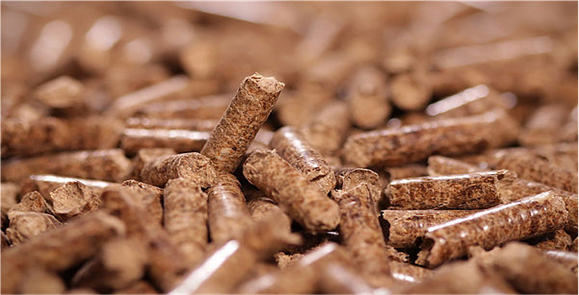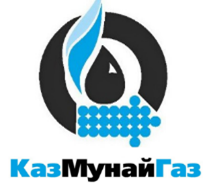Wood pellet
The World has started to use Bio Energy fields by taking more important steps thanks to the developing technologies in order to end carbon emissions and to provide more efficient energy use. Pellet is the name given to the form formed by drying and grinding all kinds of industrial and agricultural wastes and compressing them under high pressure. Pellet raw material; In general, materials such as wood, wood, sawdust, chips, bark, branches and similar forest wastes, wood chips, sawdust and wedges are used. Pellets placed on the market; in residential and workplace heating, in individual stoves and solid fuel floor heaters, It is also used for process water heating in student dormitories and some small and medium-sized enterprises. In fact, foreign trade is carried out in large producing countries such as Canada, European and Asian countries. Especially when it comes to trade, standards come to the fore and countries that actively use pellets have standards for production, transportation and packaging processes. EU pellet standards (En Plus A1), which have more stringent standards, are taken into account in foreign trade.

| DESCRIPTION | VALUE |
| COMMODITY | Wood Pellets for domestic use |
| DIAMETER | 6mm +- 1 |
| LENGTH | 3,15 mm < L < 4,00 cm |
| BULK DENSITY | 600-750 kg/m3 |
| CONTENT OF FINES | <= 0,5% |
| MECHANICAL STRENGTH | >= 98% |
| ESSENCE | Pine, Fir, Beech, Mixed wood |
| HUMIDITY | <= 10% |
| CALORIC VALUE | >= 4,6 kwh/kg |
| CONTENT OF ASHE | <= 0,7% |
| MELTING TEMPERATURE (ASH) | >= 1.200° |
| CONTENT OF SULPHUR | <= 0,04% |
| CONTENT OF NITROGEN | <= 0,3% |
| CONTENT OF CHLORINE | <= 0,02% |
| ORIGIN | UE |
| PACKAGING | Bag of 15 kg |
| TRANSPORT |
Euro Pallet (EPAL) 80x120 with 66 -70 bags of 15 kg Total 990-1050 kg for each EPAL Truck load of with 23 EPAL Total net weight on each truck 22,77 MT – 24,15MT |
| CERTIFICATION | Quality Class - A1 En-Plus |








